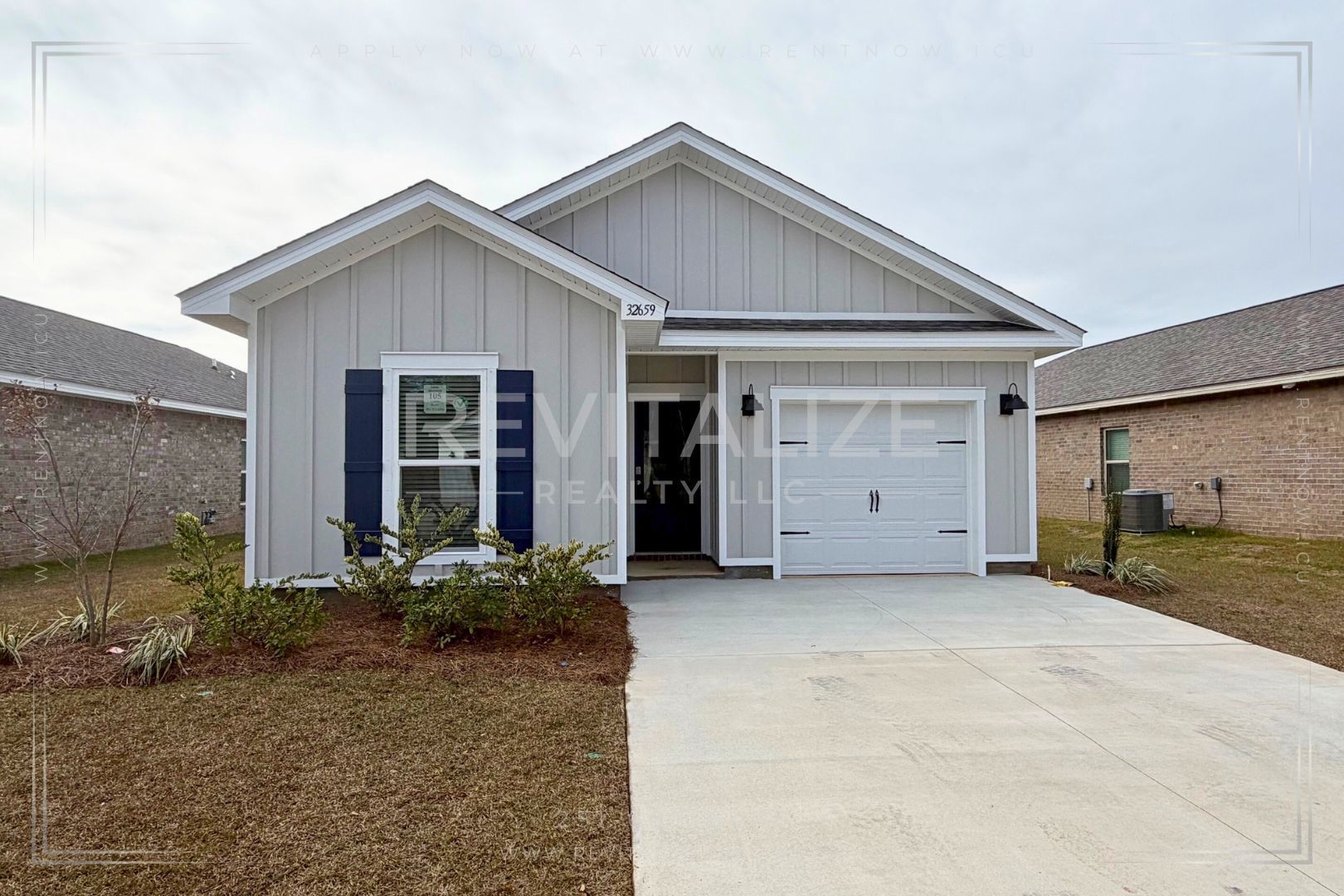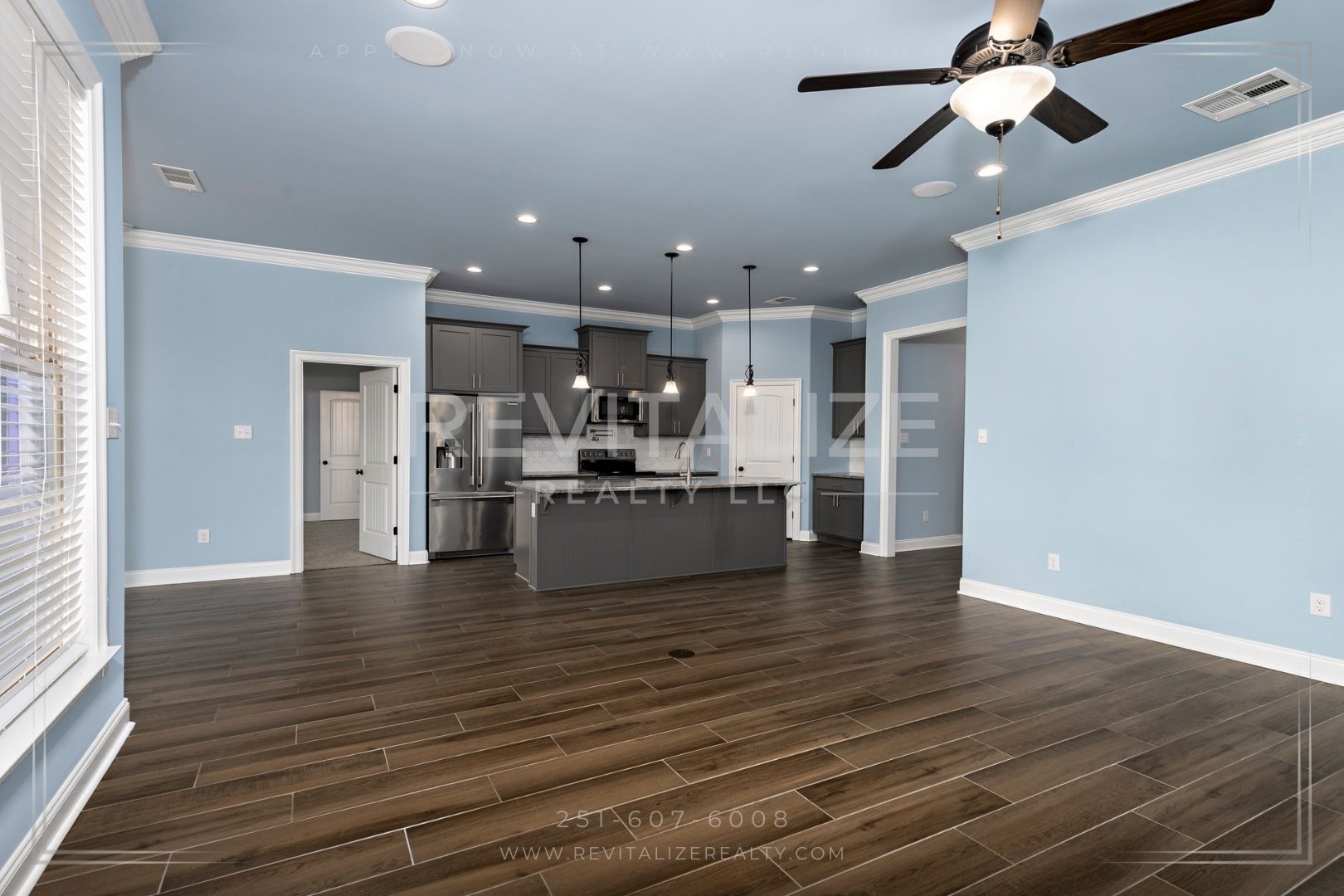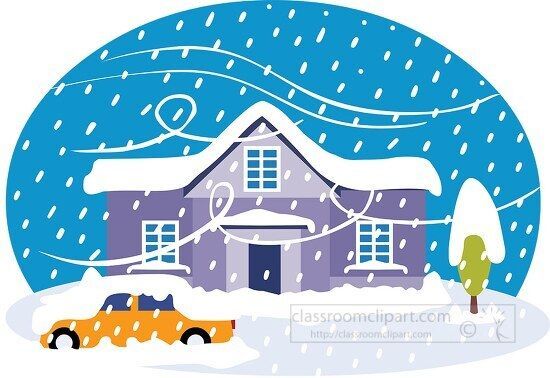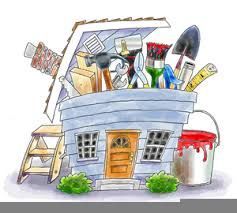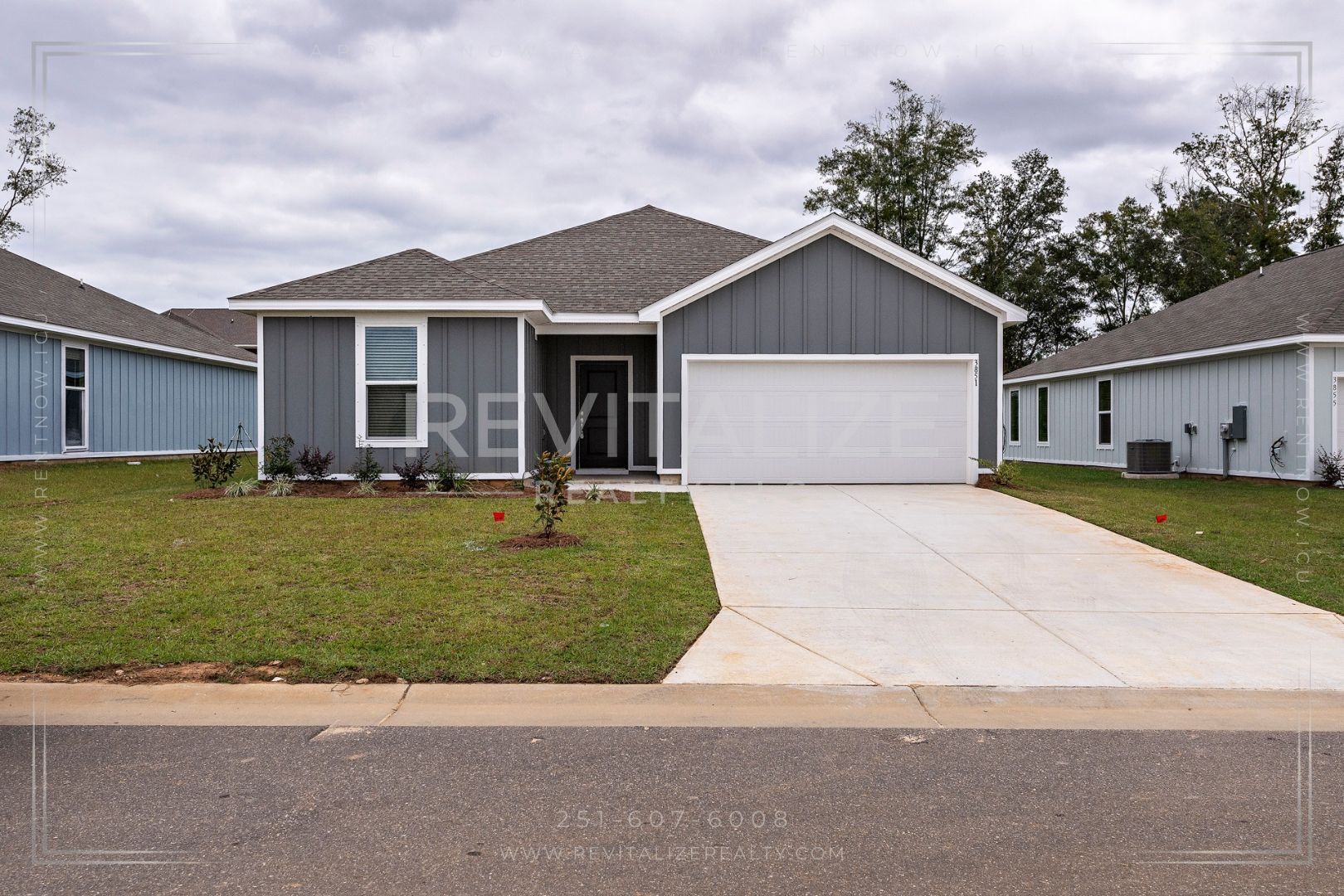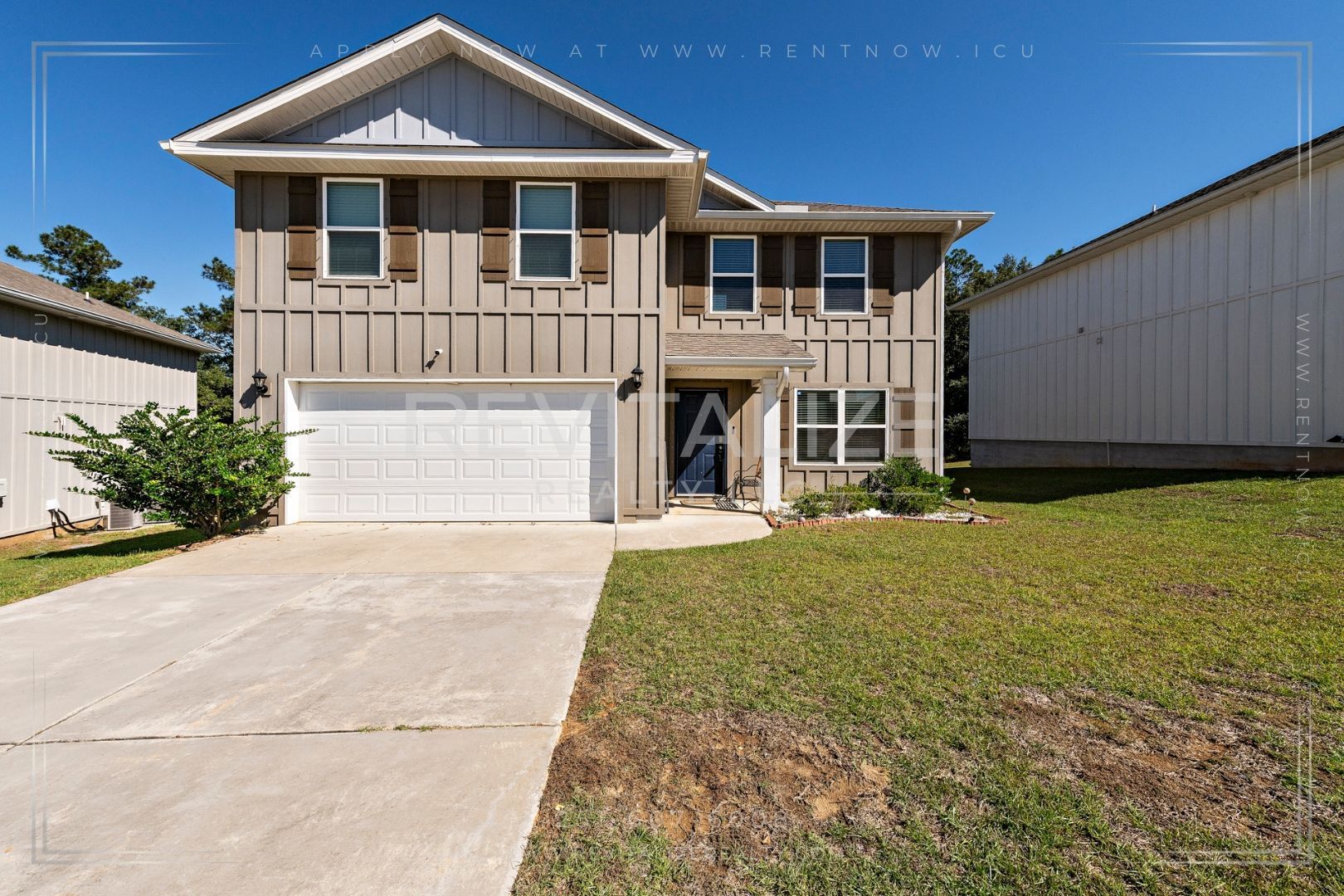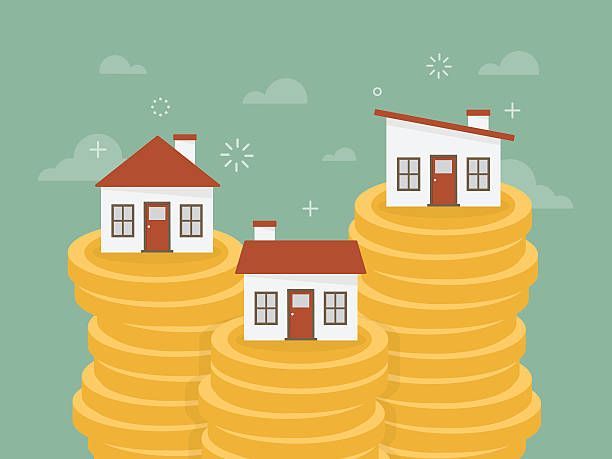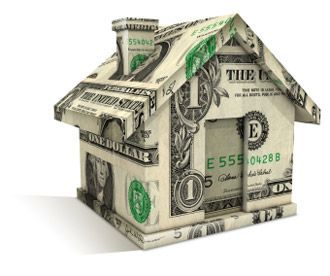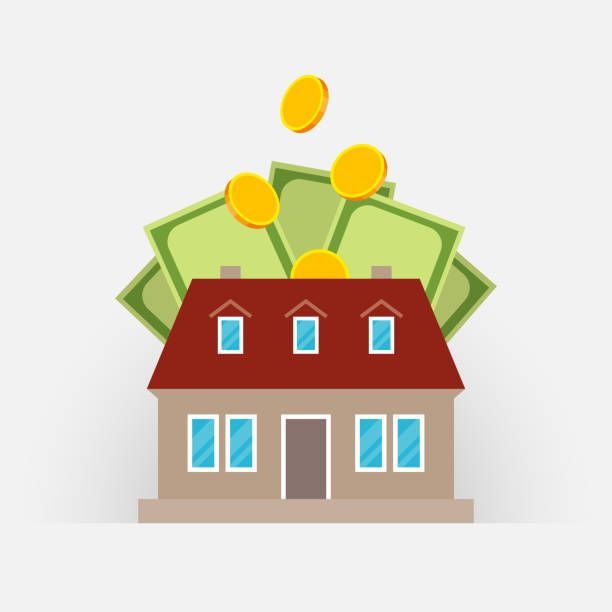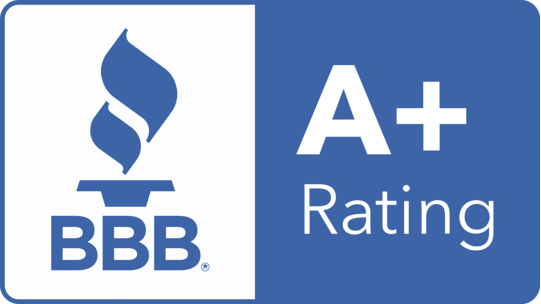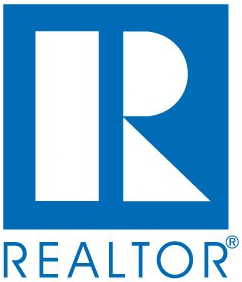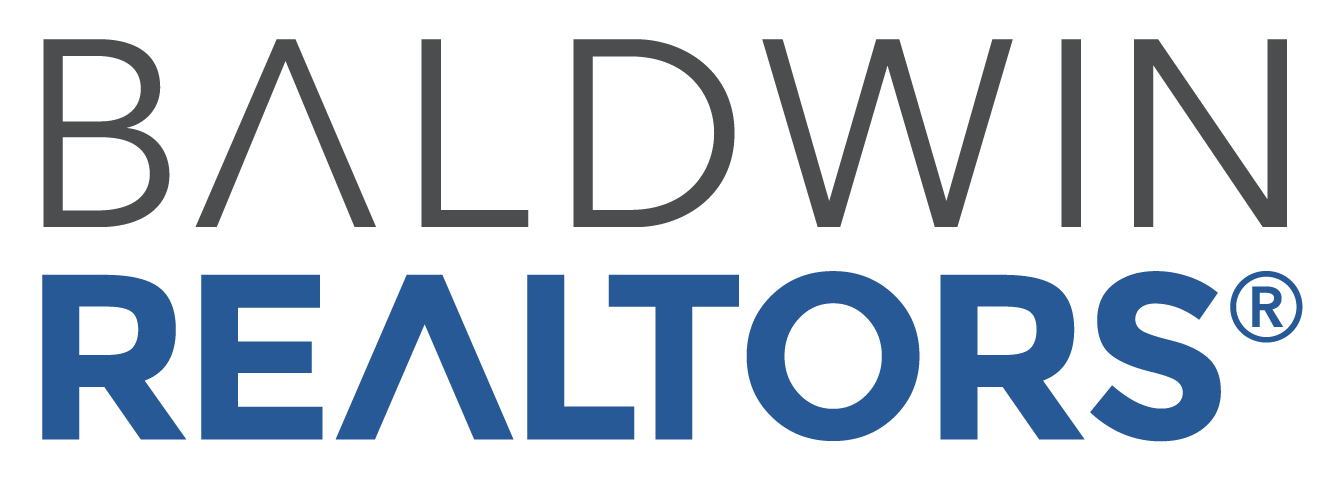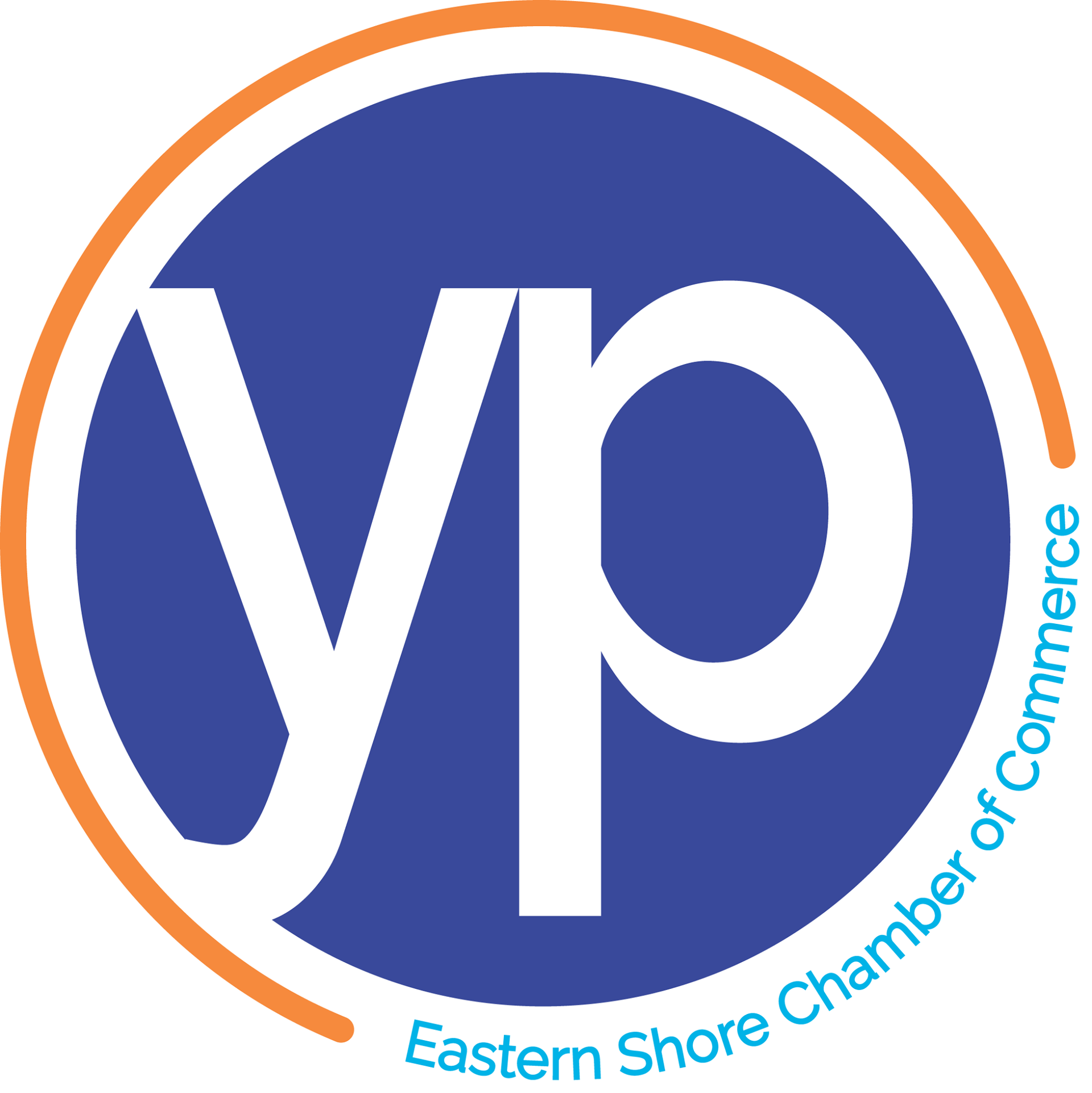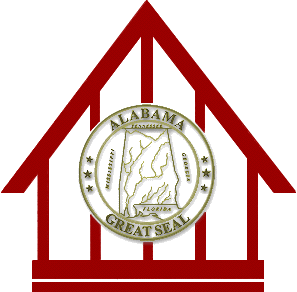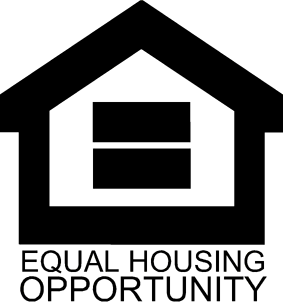Beating the Heat
Essential Preventative Maintenance for Rental Properties in Summer
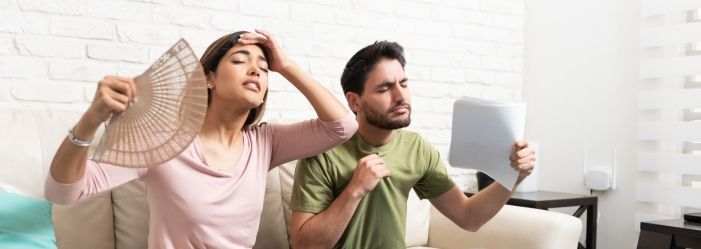
As the scorching summer sun beats down, rental property owners face a unique set of challenges in ensuring their properties remain habitable and comfortable for tenants. Extreme heat not only poses health risks but can also lead to costly damages if properties are not properly maintained. To mitigate these risks and ensure tenant satisfaction, it's essential to implement preventative maintenance measures tailored to combat the summer heat. Here's a comprehensive guide to keeping your rental properties cool and functioning smoothly during the hottest months of the year.
Inspect and Maintain HVAC Systems: The HVAC system is the frontline defense against summer heat. Regular inspections and maintenance are crucial to ensure it's operating efficiently. Change air filters, clean vents, and schedule professional tune-ups to keep the system running smoothly. Encourage tenants to report any issues promptly to prevent minor problems from escalating into major repairs.
Seal and Insulate: Proper insulation and sealing are key to keeping cool air in and hot air out. Inspect doors, windows, and any other openings for leaks or gaps. Caulk and weatherstrip as needed to seal these areas effectively. Consider adding insulation to attics, basements, and crawl spaces to further improve energy efficiency and comfort.
Install Energy-Efficient Windows: If your rental property has older windows, consider upgrading to energy-efficient models. Energy-efficient windows can significantly reduce heat transfer, keeping interiors cooler while lowering utility bills. Look for windows with low-emissivity coatings and multiple panes for optimal insulation.
Provide Shade: Exterior shading can significantly reduce solar heat gain, especially on windows facing east and west. Install awnings, shades, or plant trees strategically to provide natural shade and keep outdoor areas cooler. This not only helps to lower indoor temperatures but also enhances curb appeal and tenant comfort.
Maintain Exterior Surfaces: Light-colored exterior surfaces reflect more sunlight, reducing heat absorption. Consider painting exterior walls, roofs, and decks with reflective coatings to minimize heat retention. Regularly clean exterior surfaces to remove dirt and debris that can trap heat and compromise the property's appearance.
Promote Proper Ventilation: Adequate ventilation is essential for maintaining indoor air quality and preventing heat buildup. Ensure that exhaust fans in bathrooms and kitchens are functioning correctly and encourage tenants to use them when cooking or showering. Consider installing ceiling fans or portable fans in living areas to improve air circulation and comfort.
Schedule Regular Roof Inspections: The roof is particularly vulnerable to heat-related damage, such as warping, cracking, or deterioration of roofing materials. Schedule regular inspections to check for signs of damage or wear, especially after severe weather events. Promptly repair any leaks or damage to prevent further deterioration and maintain the integrity of the roof.
Educate Tenants on Energy-Saving Practices: Empower tenants to take proactive measures to reduce energy consumption and minimize heat buildup. Provide them with tips on setting thermostats to optimal temperatures, using window coverings to block out sunlight during the hottest parts of the day, and minimizing the use of heat-generating appliances during peak hours.
Offer Cooling Amenities: Consider providing tenants with amenities such as portable air conditioners or evaporative coolers to supplement central HVAC systems, especially in properties without adequate cooling infrastructure. These temporary solutions can provide relief during heatwaves or in areas with unreliable power grids.
Emergency Preparedness: Despite the best preventative measures, emergencies can still occur during extreme heat events. Develop a contingency plan and communicate it to tenants, outlining procedures for addressing HVAC failures, power outages, or other heat-related emergencies. Provide tenants with emergency contact information and instructions on staying safe during heatwaves.
In conclusion, proactive preventative maintenance is essential for rental property owners to combat the challenges of extreme summer heat effectively. By implementing these preventative measures, you can ensure the comfort, safety, and satisfaction of your tenants while protecting your investment from costly heat-related damages. Stay ahead of the summer heat by prioritizing regular inspections, maintenance, and tenant education to keep your rental properties cool and functional throughout the hottest months of the year.

